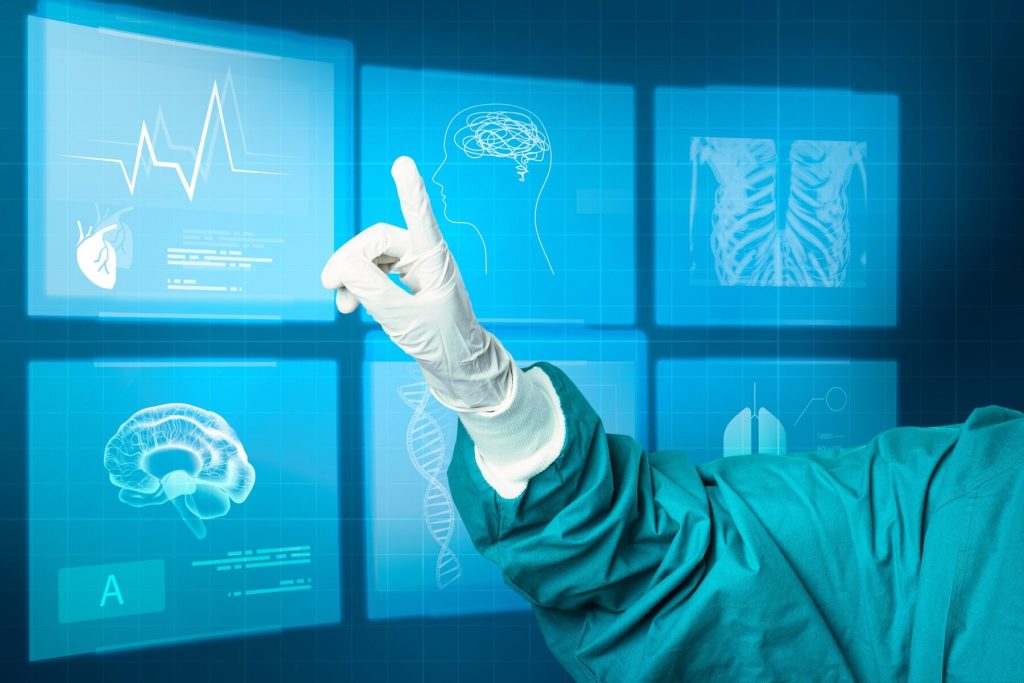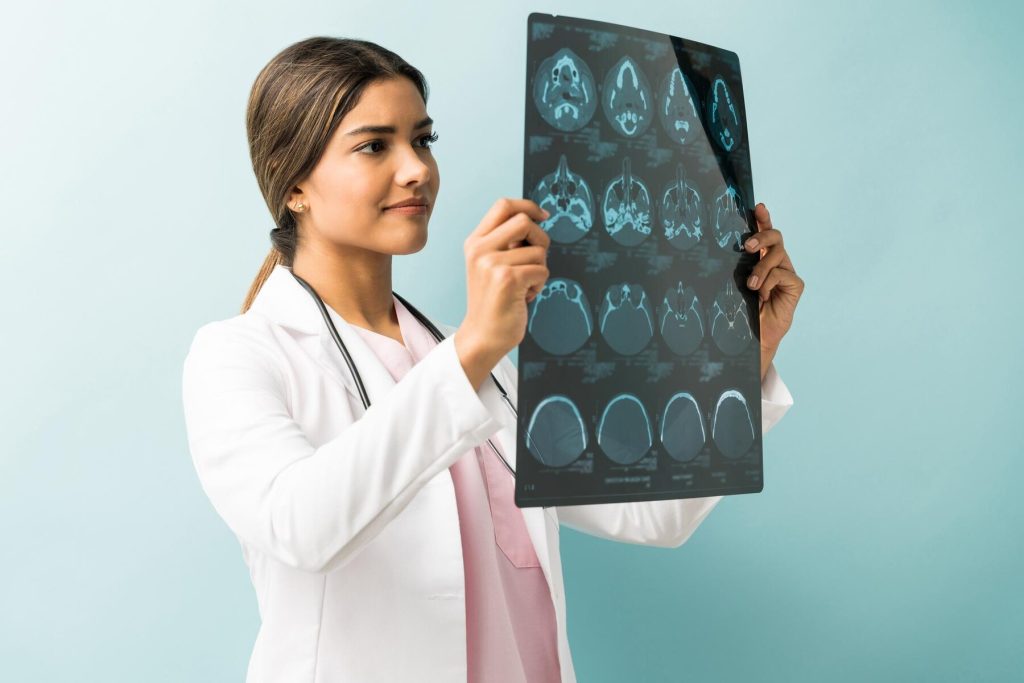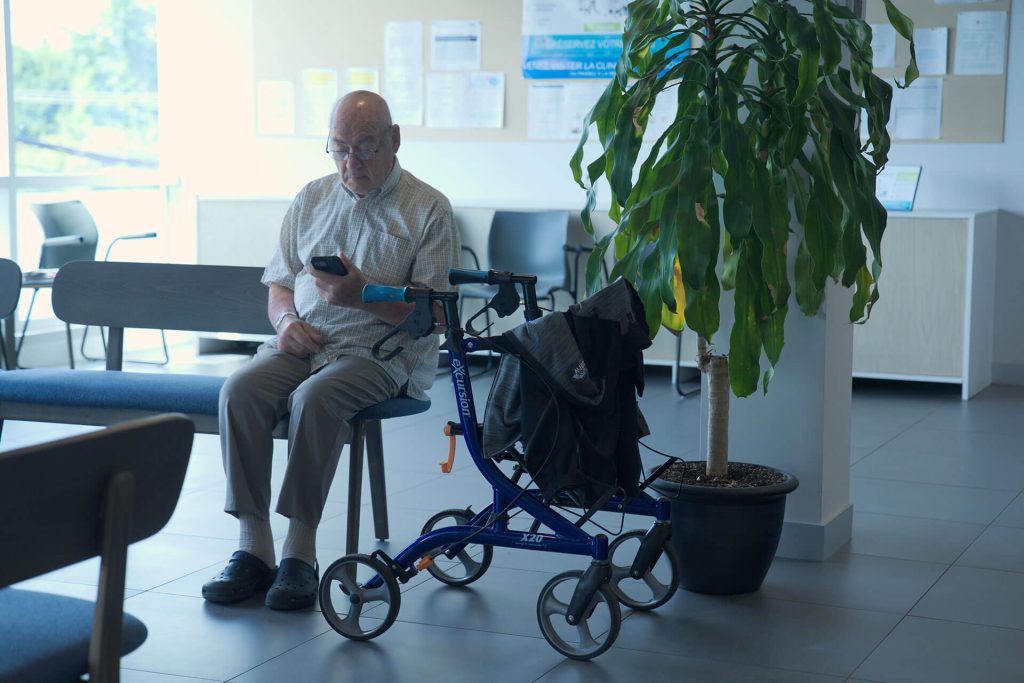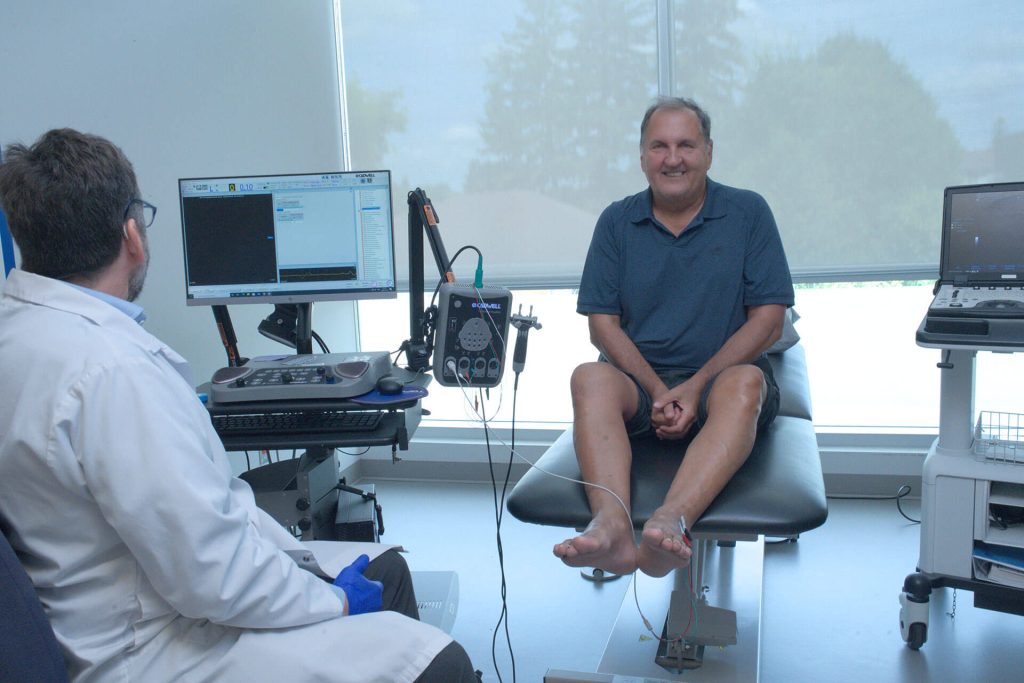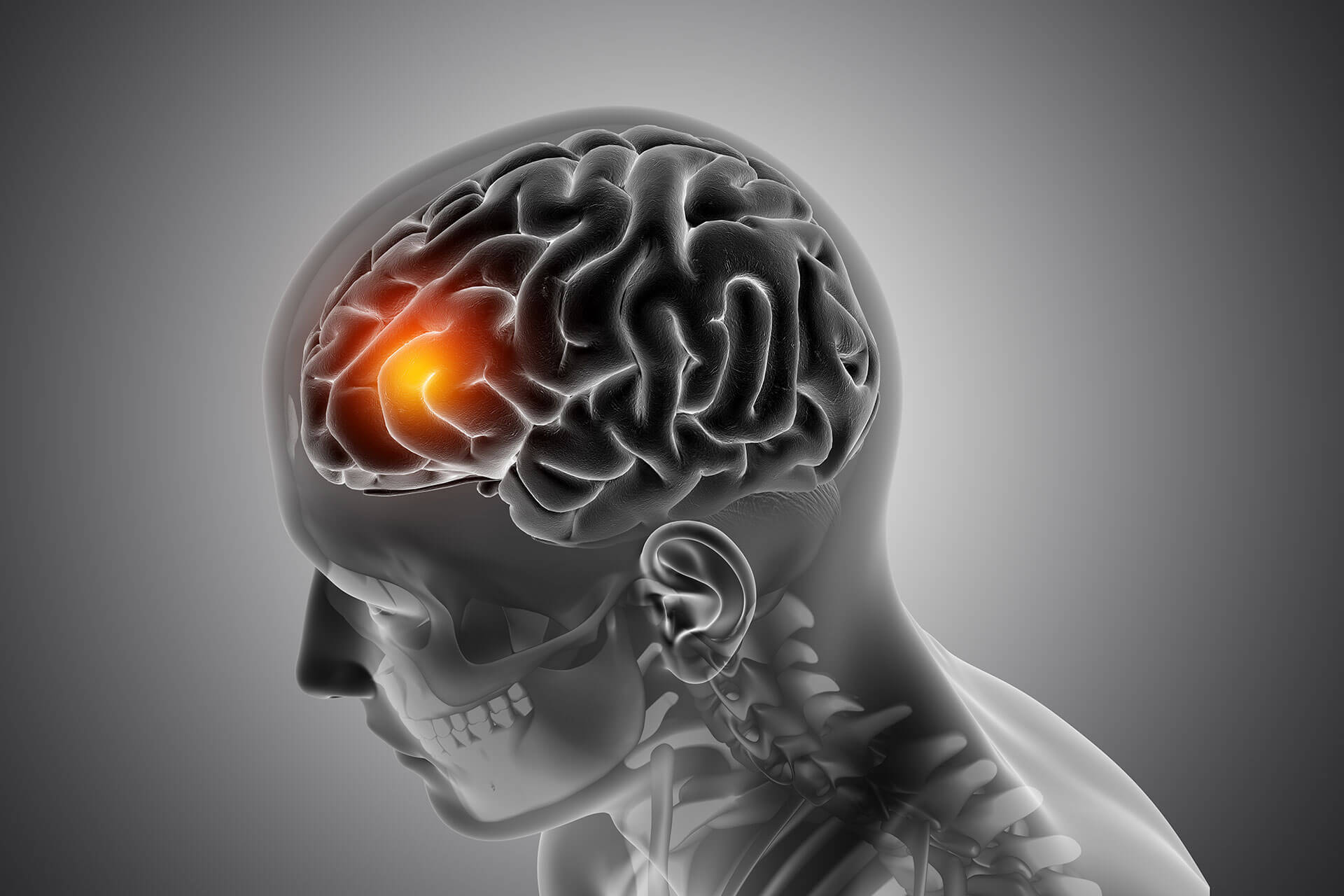We continuously participate in a number of clinical trials aiming to create better treatments for a variety of diseases: Multiple Sclerosis, Stroke, Parkinson’s, Alzheimer’s and Glioblastoma Multiforme (GBM). Our participation allows us to offer many treatments long before they become available to a majority of specialists, giving patients an opportunity to choose from a wide range of care that, while experimental in nature, may possibly be more effective.
Cutting-edge treatments aren’t the only reason we conduct clinical trials, nor are they the only reason patients decide to participate. Our involvement gives us the opportunity to develop better protocols and to help advance the treatments themselves. When it comes to neurological diseases, large strides have been made in recent years; results that would have been impossible without the participation of doctors, nurses and patients.

